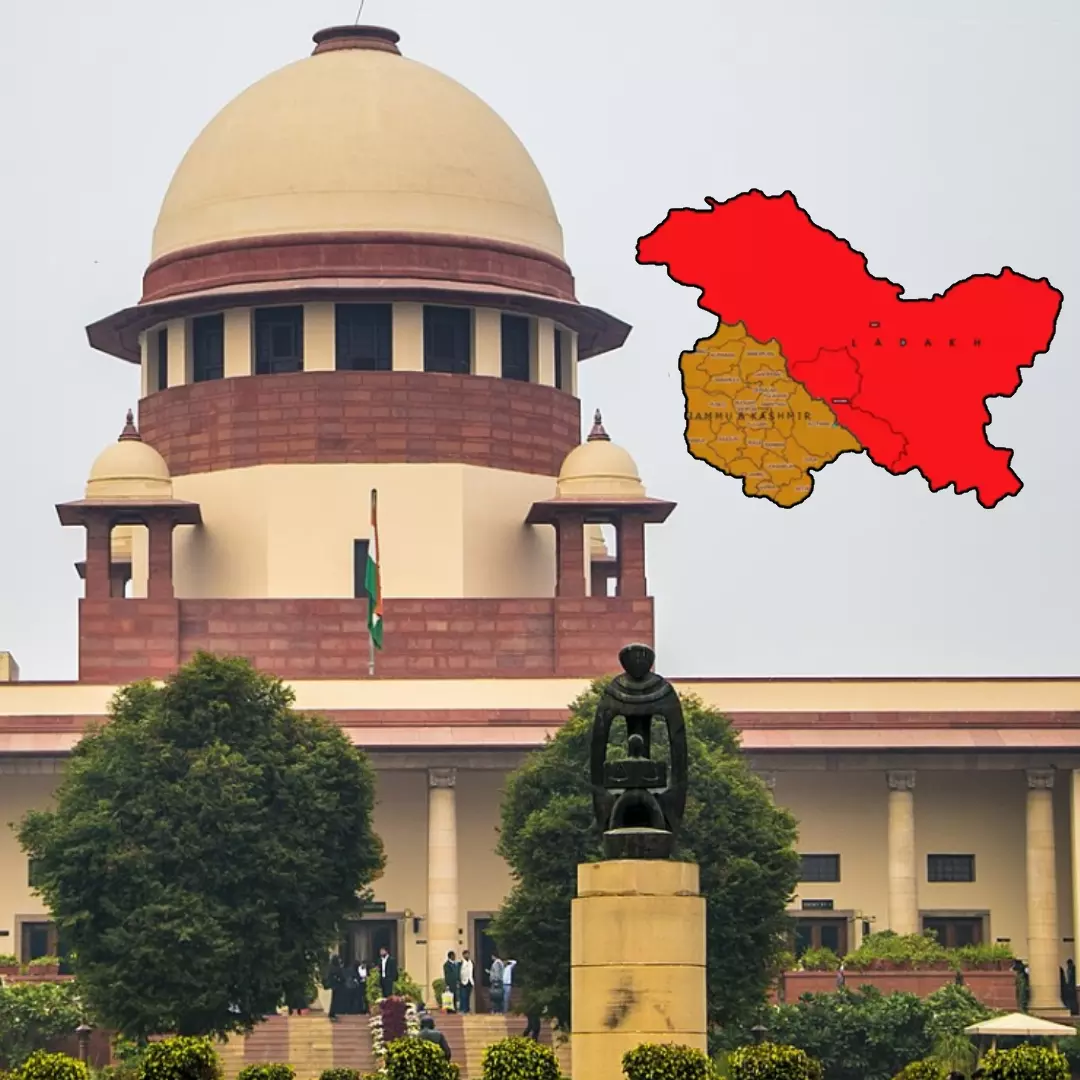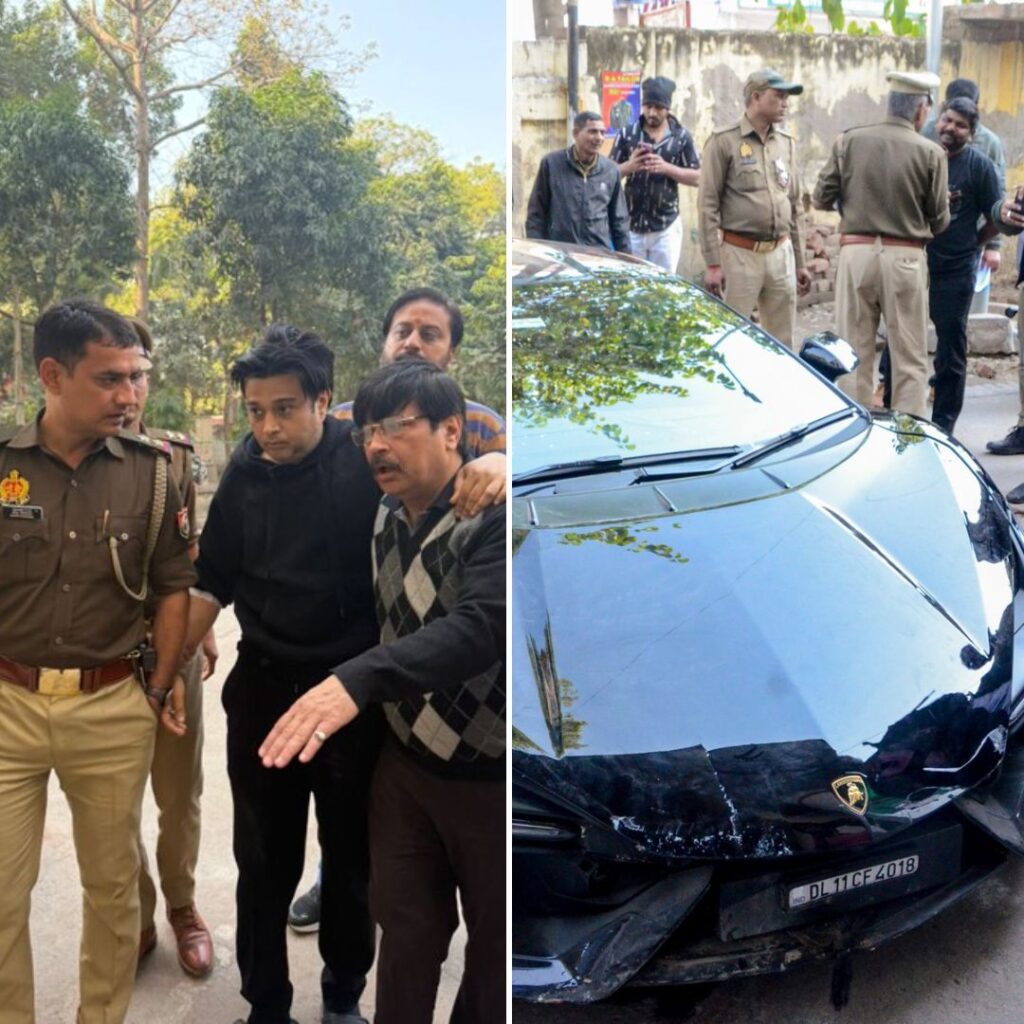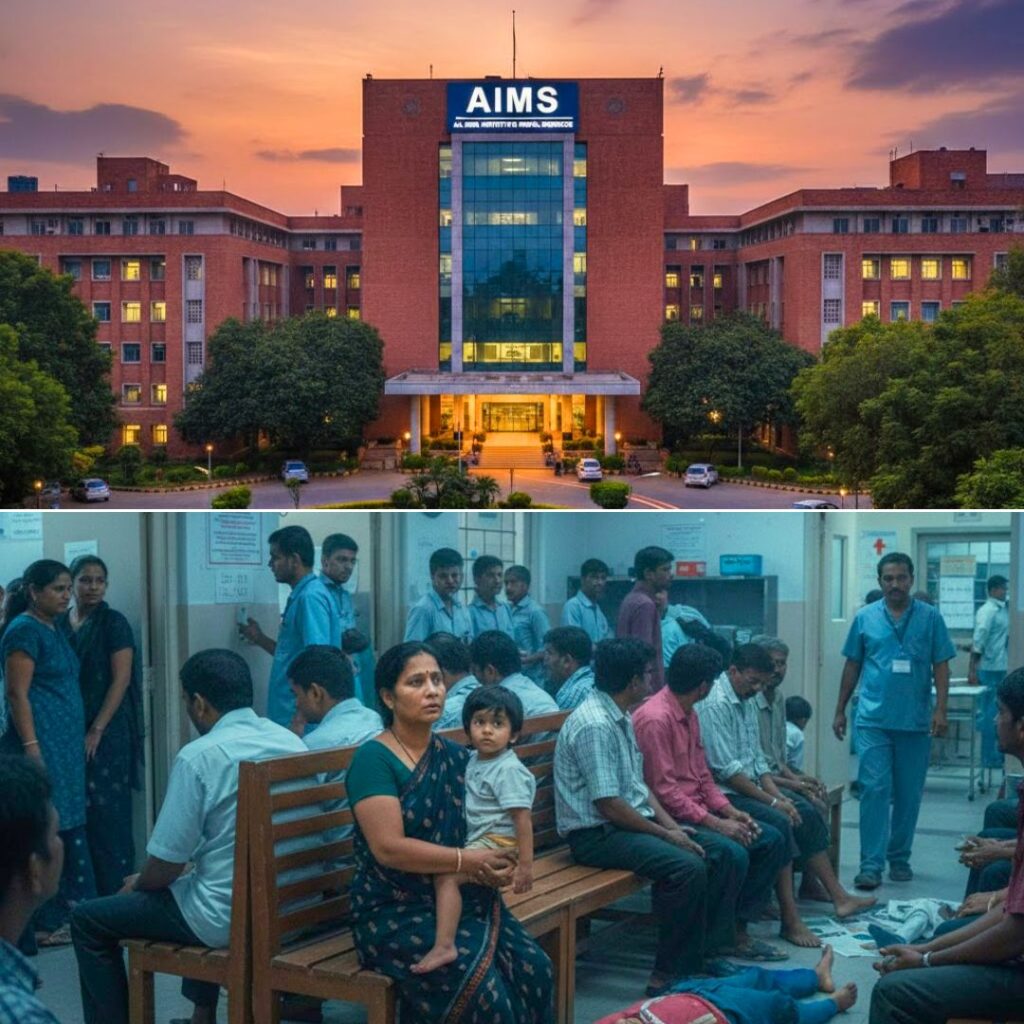The Supreme Court of India is scheduled to hear a series of pleas challenging the abrogation of Article 370, which granted special status to Jammu and Kashmir, as well as the bifurcation of the state into two Union territories. A Constitution Bench comprising Chief Justice of India D.Y. Chandrachud and Justices S.K. Kaul, Sanjiv Khanna, B.R. Gavai, and Surya Kant will continue the hearing and issue directions regarding procedural formalities and the modalities of the case.
One of the matters to be decided during the hearing is the petition filed by IAS officer Shah Faesal and whether it can be allowed for withdrawal. When the case was mentioned before the court earlier this year in February, Chief Justice Chandrachud expressed that he would make a decision regarding the listing of the pleas.
The batch of petitions challenging the 2019 Presidential Order, which revoked the special status of Jammu and Kashmir and led to its division into two Union Territories, has been pending before the Supreme Court for almost four years. In March 2020, when the case was last listed, a Constitution Bench of five judges declined to refer the issue to a larger bench of seven judges, rejecting the petitioners’ contentions, reported News18
The bench, led by then Chief Justice NV Ramana, reasoned that the previous judgments in the Prem Nath Kaul case and the Sampat Prakash case, which dealt with the interpretation of Article 370, were not conflicting.
‘Abrogation Of Article 370’
The current Constitution Bench includes Chief Justice Chandrachud and Justice Khanna as new members, while Chief Justice Ramana and Justice Subhash Reddy, who were part of the earlier bench, have since retired. As the hearing proceeds, the Supreme Court’s decision on the validity of the abrogation of Article 370 and the bifurcation of Jammu and Kashmir into two Union territories will have far-reaching implications.
Under Article 370 of the Indian Constitution, special rights and privileges were granted to the people of Jammu and Kashmir since 1954, in accordance with the Instrument of Accession. However, the Jammu and Kashmir (Reorganisation) Act of 2019 came into effect, leading to the bifurcation of the state into the Union Territories of Jammu and Kashmir and Ladakh.
The signing of the Instrument of Accession by Maharaja Hari Singh, the ruler of the princely state of Jammu and Kashmir, on October 26, 1947, resulted in the state becoming a part of the Dominion of India. Article 370 of the Indian Constitution stipulated that Jammu and Kashmir would be covered only by Articles 1 and 370. The decision regarding the application of other articles would be made by the President in consultation with the state government.
The Constitution Order of 1950 defined the subjects on which the Union Parliament would have the authority to legislate for Jammu and Kashmir in accordance with the Instrument of Accession.
Backdrop Of Article 35A
Article 370 originated from the Instrument of Accession signed by Maharaja Hari Singh in 1947. Jammu and Kashmir was exempted from the Indian Constitution through Article 370, which was enacted on October 17, 1949, as a “temporary provision.” This allowed the state to have its own constitution and limited the legislative power of the Indian Parliament in the region. Sir Narasimha Gopalaswami Ayyangar proposed it as Article 306A in the draft constitution.
After the Jammu and Kashmir Constituent Assembly created the state constitution, it was dissolved without officially endorsing the abrogation or revision of Article 370. This left the status of the clause in uncertainty.
Article 35A, derived from Article 370, held a unique position in the Indian Constitution as it appeared only in Appendix I and not in the main body. These articles, until their removal in August 2019, granted special status and rights to the state of Jammu and Kashmir and its residents.
Sheikh Abdullah, appointed by Jawaharlal Nehru and Maharaja Hari Singh, served as the drafter of Article 35A. The Constitution (Application to Jammu & Kashmir) Order, 2019, introduced by Union Home Minister Amit Shah and published in the Official Gazette of India on August 5, 2019, mandated that Jammu and Kashmir must abide by all articles of the Indian Constitution, resulting in the suspension of the state’s own constitution. Furthermore, the state’s Ranbir Penal Code was repealed by Presidential decree in 2019 and replaced by the Indian Penal Code (IPC), 1860, which became effective in the state.
The amendment to Article 370 was carried out under Clause 3 of the article itself, rather than the conventional amendment provision provided in Article 368 of the constitution, allowing the government to bypass the typical amending process.
Under Article 35A, permanent residents of Jammu and Kashmir were granted exceptional privileges and rights, including the ability to purchase property, preferential hiring in the public sector, and other benefits. This article stated that only citizens of Jammu and Kashmir who resided there year-round were eligible to buy real estate and vote in local elections. However, with the repeal of Article 35A through the Jammu and Kashmir Reorganization Act of 2019, these provisions lost their effect.
Also Read: Supreme Court To Hear Petitions On Article 370 Abrogation On July 11
https://thelogicalindian.com/h-upload/2023/07/11/500x300_232530-web-2023-07-04t171527758.webp
Trending
2023-07-11 06:07:28.0
Article 370 Back In SC After 3 Years, Pleas Challenging Abrogation To Be Heard Today












